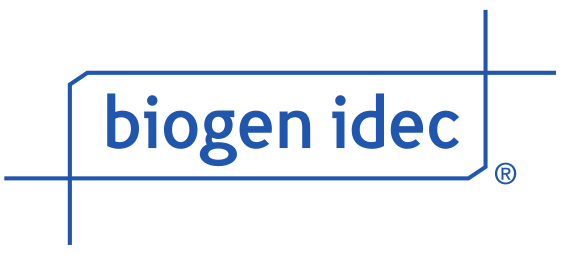Biogen Idec Plans Jump to Phase 3 Trial for Alzheimer’s Drug Based on Early-Stage Data

 Biogen Idec, the company behind several of today’s most widely sold multiple sclerosis drugs, has been developing a novel treatment for Alzheimer’s disease, called BIIB037, which has shown great potential in blocking beta amyloid — one of the hallmarks of this common form of dementia — and improving cognitive function. Just recently, the company’s chief of research announced they are already strategizing moving the drug to a Phase III trial based on the positive results of a small-scale early stage study. The company’s news boosted shares by 6 percent, according to midday trading on the Nasdaq.
Biogen Idec, the company behind several of today’s most widely sold multiple sclerosis drugs, has been developing a novel treatment for Alzheimer’s disease, called BIIB037, which has shown great potential in blocking beta amyloid — one of the hallmarks of this common form of dementia — and improving cognitive function. Just recently, the company’s chief of research announced they are already strategizing moving the drug to a Phase III trial based on the positive results of a small-scale early stage study. The company’s news boosted shares by 6 percent, according to midday trading on the Nasdaq.
Douglas E. Williams, Ph.D., Biogen’s Executive Vice President of Research and Development, said during the Deutsche Bank BioFEST conference that the company’s plans to start a Phase III study as soon as possible is based on the encouraging findings in a Phase 1b trial of the drug. BIIB037 was administered in patients with minor symptoms of Alzheimer’s disease, and in asymptomatic patients who may be at risk for developing the disease.
While the drug was noted to cause signs of brain swelling and tiny hemorrhages, the researchers claimed these side effects are “largely mild to moderate, and self-resolving” and are similar issues with other pipeline amyloid blockers, such as those from Pfizer (bapineuzumab), and Eli Lilly & Co. (solananezumab). Pfizer, together with Johnson & Johnson, were forced to discontinue the experimental drug bapineuzumab after failed large, late-scale studies, while Eli Lilly & Co. are still working on solananezumab.
Amyloid blockers comprise most of today’s experimental drugs for Alzheimer’s disease, but results from clinical trials have been mixed. An emerging class of therapeutics for Alzheimer’s disease are BACE inhibitors, which inhibit an enzyme called beta secretase, a main component in the production of beta amyloid. At present, Eli Lilly, and Merck & Co. are the furthest along in the development of BACE inhibitors.
These experimental drugs are developed mostly for the treatment of early Alzheimer’s disease, which according to a study from the University of Kentucky’s Sanders-Brown Center on Aging, can manifest very early on as forgetfulness. The study’s findings highlight self-reports of loss of memory as a potential early indicator of the likelihood of developing Alzheimer’s Disease later on.






